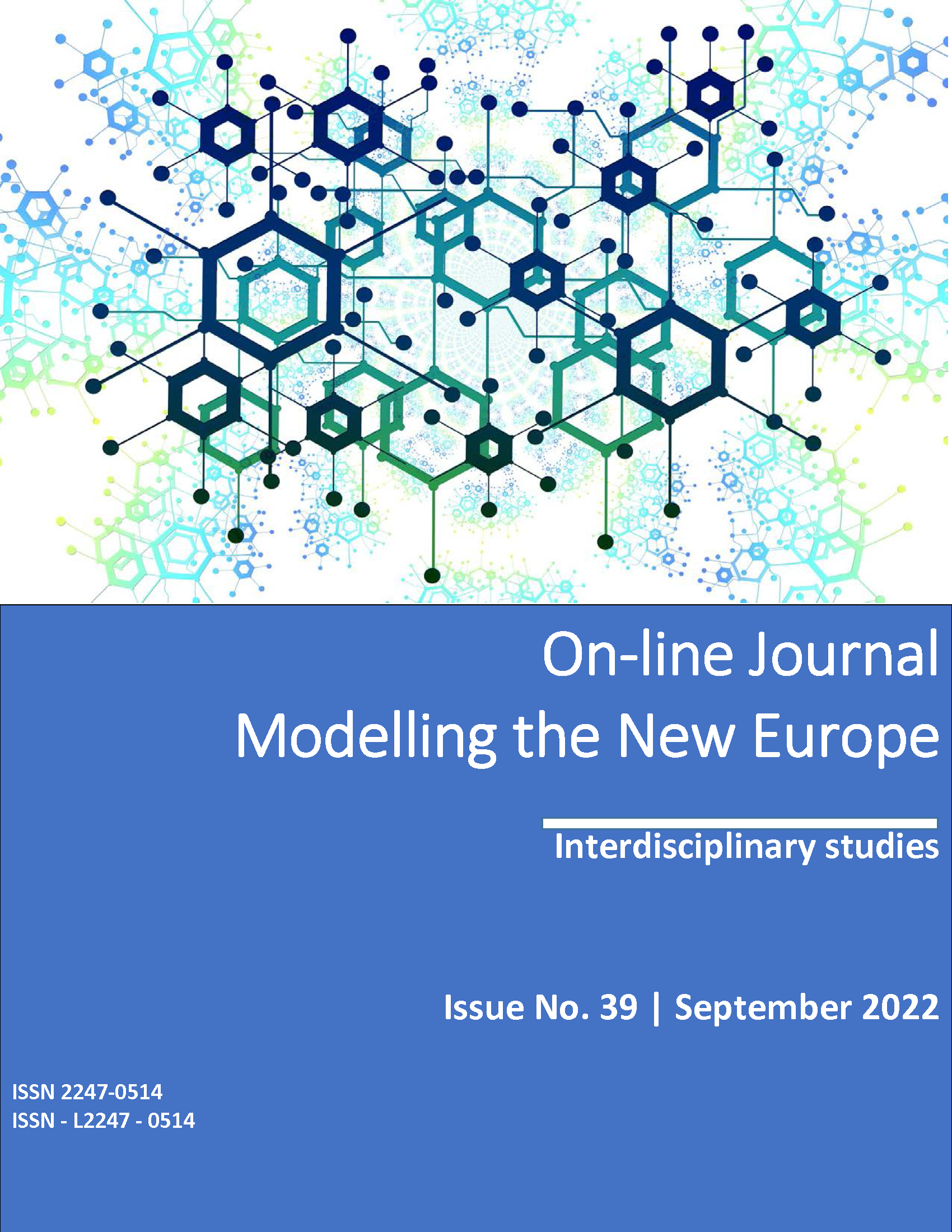SELECTED LEGISLATIVE INSTRUMENTS OF FAMILY POLICY SUPPORTING WORK–LIFE BALANCE: A COMPARISON OF ITALY AND THE SLOVAK REPUBLIC
SELECTED LEGISLATIVE INSTRUMENTS OF FAMILY POLICY SUPPORTING WORK–LIFE BALANCE: A COMPARISON OF ITALY AND THE SLOVAK REPUBLIC
Author(s): Vladimíra Žofčinová, Andrea KošíkováSubject(s): Governance, Public Administration, Family and social welfare, Policy, planning, forecast and speculation, Comparative Law, Labour and Social Security Law
Published by: Facultatea de Studii Europene -Universitatea Babeş-Bolyai
Keywords: Labour law; Public administration; Work balance;
Summary/Abstract: Achieving an optimal work–life balance has been a policy objective of the European Union for many years. Despite progress in this reconciliation, inequalities in the labour market and in gender equality still persist. It should be emphasized that we are not just talking about inequalities in the private sector, the issue of reconciling family and working life is also relevant in local government conditions, and it also affects private and public sector employees who are responsible for families. In the context of European social and legal culture, the legislature, by means of family policy, not excluding legislative measures taken by labour legislation, creates the conditions for workers – women and men caring for children and other dependants – to ensure that they are not subject to economic and social instability. In this study, we analyse the minimum standards of Directive 2019/1158 on work–life balance for parents and carers, focusing on the institutes of maternity, paternity and parental leave. Comparatively, we examine the extent to which the Slovak Republic has adopted legislative measures of family policy with the legislation of Italy.
Journal: Online Journal Modelling the New Europe
- Issue Year: 2022
- Issue No: 39
- Page Range: 100-126
- Page Count: 27
- Language: English

